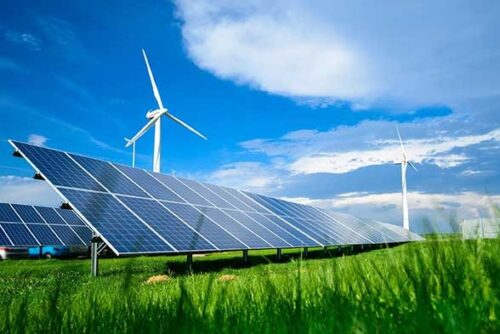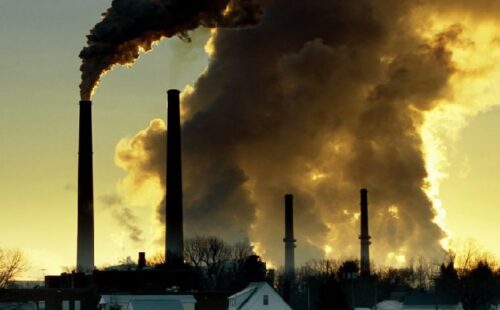Anything from which we can derive energy is called as a source of energy. Since all the life processes need energy, energy is most important for our survival. Our body derives energy from the food we eat. Thus, the food we eat is the source of energy for our body. But this is not the whole story. We need energy for our growth and economic development as well.
The story of the economic development probably started with the development of Science and Technology and with the development of machines. Improvement in the efficiency of machines gradually gave birth to the industrial revolution and with the industrial revolution, and also- with our increasing desire of more and more economic developments and luxury, our requirement of more and more energy rose higher and higher. Human beings, who used to derive energy from wood, charcoal and other biomass, started deriving energy from fossil fuels like coal, petroleum and natural gas. Thus coal, petroleum and natural gas became new sources of energy for men.
As the process of economic development proceeded, human beings became technologically stronger and found that there was very limited stock of coal, petroleum and natural gas inside the earth. The scarcity of these sources of energy and rising prices forced human beings to discover new sources of energy that can sustain the process of development and that can support it for ever. Finally, human beings discovered how to make use of the energy of the sun, sea waves, heat of the earth, power of wind, power of biomass etc. Thus sun, sea waves, heat of the earth, power of wind, power of biomass etc. became renewable sources of energy for modern human beings.
Today, a nation which generates and consumes energy many times more than the human or animal muscle power is considered to be developed. This is why economists think a country’s ‘Gross National Product’ (GNP) directly proportional to energy (i.e., power) used by it. Energy is used not only in industry, but also in commerce, transport, telecommunications etc. besides the wide range of ‘services’ rendered in household sector. The energy in one form can be transformed into another form. In this chapter we are going to study about these different sources of energy.
On earth, we have two types of sources of energy –Conventional Sources of Energy or Non- Renewable Sources of Energy and Non- conventional Sources of Energy or Renewable Sources of Energy. Let us discuss about these sources of energy one by one.
Sources of energy that can be exhausted and cannot be replenished, are called as Conventional, non-renewable or exhaustible sources of energy. Coal, petroleum and its products and natural gas are principal conventional sources of energy.
The source of energy that is in use traditionally since the birth of civilization is wood. Later, with the development of civilization and together with the development of Science and Technology, other sources of energy like coal, petroleum and petroleum products, natural gas etc. were investigated. The use of these sources of energy traditionally continued for long but later, people came to know that these sources were very limited and could be exhausted very soon.
Sources of energy that can be replenished or regenerated in a short period of time are called as Non- conventional Sources or Renewable Sources of Energy. Why are these sources called as non- renewable? Because, the applications of these sources were not popular and technologically advanced till sometimes back. Sun, wind, water, ocean tides and biomass are some examples of renewable sources of energy. The energy derived from renewable sources is called by different names like solar energy, wind energy, hydroelectric energy, tidal energy and bio-energy respectively.




